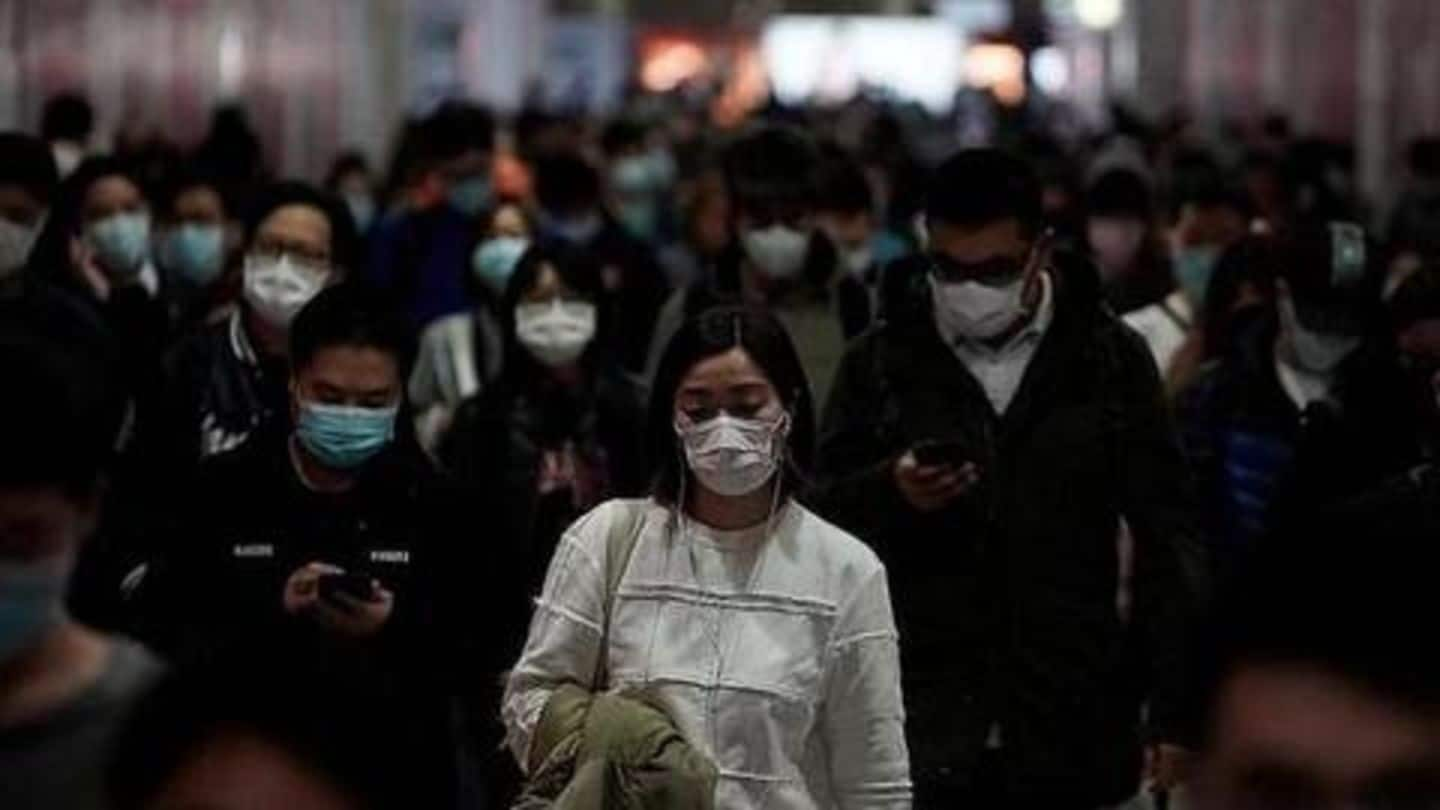
COVID-19: Singapore is developing a wearable 'contact-tracing' device
What's the story
As the world races to deploy contact-tracing apps to warn and isolate close contacts of COVID-19 positive individuals, Singapore is taking a completely different - and potentially concerning - route. The government of the country is developing a device that the state's 5.7 million residents may have to wear to leverage COVID-19 contact-tracing benefits. Here's all you need to know about it.
App
First, what is contact-tracing?
Typically, technology-based contact-tracing revolves around recording contacts between people (and their devices). So, if one person tests positive, all the people he/she has come in contact with are automatically notified. Most nations, including India, have deployed contact-tracing apps (like Aarogya Setu) to facilitate these features on millions of smartphones. Apple and Google have also built their own 'private' system for the same task.
Plan
Dedicated device planned for contact-tracing
Singapore's goal also remains the same - to trace and isolate COVID-19 contacts - but instead of using an app the country is developing a dedicated wearable for this job. "We are developing and will soon roll out a portable wearable [tracking] device that will... not depend on [the] possession of a smartphone," Singapore's foreign minister Vivian Balakrishnan told the Parliament.
App
An app was introduced but it did not take off
Before this device, Singapore had introduced TraceTogether contact-tracing app but it was downloaded by just 20% of the population. Also, there were issues with the iOS version of the app that made it difficult to run it all the time on iPhones. A dedicated device, Balakrishnan argued, would work more seamlessly and, importantly, not depend on owning a smartphone, enabling anyone to have it.
Working
How this device would work?
The details are limited at this stage but reports suggest the contact-tracing device in question would use Bluetooth to record contacts and could be kept in a bag or attached to a keyring or necklace. It would recharge like any other device and presumably connect with an app or server to upload data on close contacts for tracing.
Concerns
But, many are worried about potential abuse
While the move will expand the adoption of technology-based contact-tracing, it has also got many worried. Basically, privacy advocates think that a more advanced version of the device could be configured to track real-time location or individual identities, which would make it a sophisticated surveillance device for the government. They would track the spread of the disease but also citizens wearing the device.
Petition
Online petition launched opposing the system
In response to the government's plan, over 34,000 Singaporeans have signed a petition urging the public to reject this contact-tracing device. The petition says that the device infringes "upon our rights to privacy, personal space, and freedom of movement" and "all that is stopping the Singapore government from becoming a surveillance state is mandating the compulsory usage of such a wearable device."
Not mandated
Use not mandated yet
That being said, it must be noted that the government has just announced the plan to bring the device and has not made it mandatory yet. "If this portable device works, we may then distribute it to everyone in Singapore," Balakrishnan had told the Parliament, noting that it "will be more inclusive" and ensure everyone remains safe.